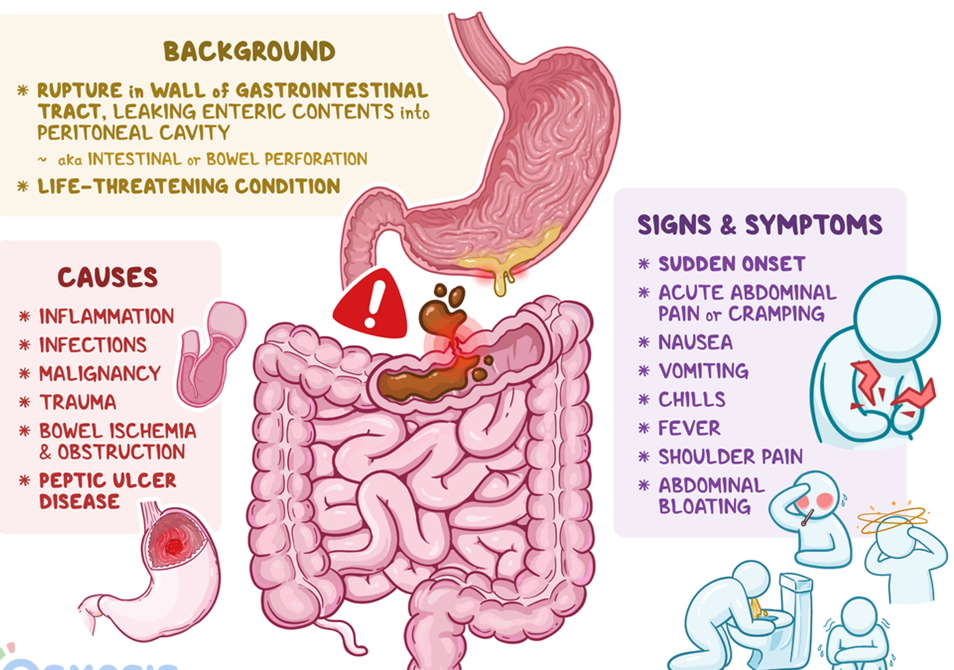A nurse is caring for a client who has gastrointestinal bleeding. Which of the following actions should the nurse take first?
Test the client's emesis for blood.
Assess orthostatic blood pressure.
Explain the procedure for an upper gastrointestinal series.
Administer pain medication.
The Correct Answer is B
A. Testing the client's emesis for blood is an important assessment, but assessing orthostatic blood pressure is a priority. Orthostatic blood pressure measurement helps identify if the client is experiencing significant blood loss, as changes in blood pressure upon standing may indicate hypovolemia.
B. Assessing orthostatic blood pressure is the priority action. Orthostatic hypotension can be a sign of decreased circulating blood volume, which is a concern in clients with gastrointestinal bleeding.
C. Explaining the procedure for an upper gastrointestinal series is not the first priority. While diagnostic tests may be needed, addressing the immediate concern of potential hypovolemia takes precedence.
D. Administering pain medication is not the first action. The priority is to assess and address the potential complications of gastrointestinal bleeding, such as hypovolemia.
Nursing Test Bank
Naxlex Comprehensive Predictor Exams
Related Questions
Correct Answer is C
Explanation
A. "I'll wear sandals in warm weather":
While wearing sandals in warm weather can be comfortable, it may not provide adequate protection for the feet, especially for individuals with diabetes. Closed, protective shoes are generally recommended to prevent injuries.
B. "I'll put lotion between my toes after drying my feet":
Applying lotion between the toes can create a moist environment, which may increase the risk of fungal infections. It is generally advisable to keep the skin between the toes dry to prevent infections.
C. "I'll check my feet every day for sores and bruises":
This statement is correct. Regular foot checks are crucial for individuals with diabetes to identify any signs of sores, bruises, or other abnormalities early. Early detection and prompt treatment can help prevent complications.
D. "I’ll soak my feet in cool water every night before I go to bed":
Soaking the feet in cool water is generally not recommended, as it can lead to maceration of the skin and increase the risk of fungal infections. Daily inspection and proper hygiene are more important aspects of foot care.
Correct Answer is D
Explanation
A. Bradycardia is not typically associated with gastrointestinal perforation. Instead, tachycardia may be observed due to the body's response to a potential emergency or shock.
B. Hyperactive bowel sounds are not typically associated with gastrointestinal perforation. In fact, bowel sounds may decrease or become absent in severe cases of peritonitis or abdominal emergencies.
C. Increased blood pressure is not typically associated with gastrointestinal perforation. Hypotension may be observed due to hypovolemia resulting from fluid leakage into the peritoneal cavity.
D. Sudden abdominal pain is a key clinical manifestation of gastrointestinal perforation. The perforation of the stomach or intestines allows the contents to leak into the abdominal cavity, leading to peritonitis. Sudden and severe abdominal pain is a hallmark symptom, often described as sharp, stabbing, and constant.

Whether you are a student looking to ace your exams or a practicing nurse seeking to enhance your expertise , our nursing education contents will empower you with the confidence and competence to make a difference in the lives of patients and become a respected leader in the healthcare field.
Visit Naxlex, invest in your future and unlock endless possibilities with our unparalleled nursing education contents today
Report Wrong Answer on the Current Question
Do you disagree with the answer? If yes, what is your expected answer? Explain.
Kindly be descriptive with the issue you are facing.
